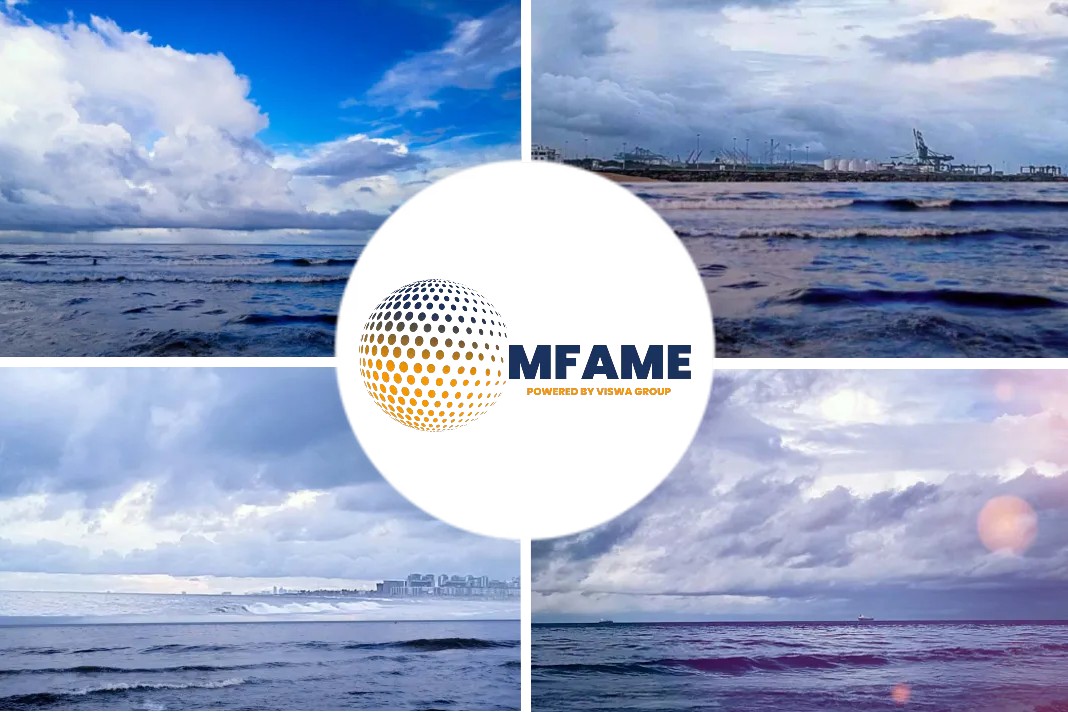 Maritime careers have been hard hit by Covid-19, with many new recruits made redundant shortly after the pandemic started. In addition, an estimated 400,000 seafarers were unable to return home during 2020 as a direct result of the pandemic. Many were forced to stay aboard their vessels for more than 11 months.
Maritime careers have been hard hit by Covid-19, with many new recruits made redundant shortly after the pandemic started. In addition, an estimated 400,000 seafarers were unable to return home during 2020 as a direct result of the pandemic. Many were forced to stay aboard their vessels for more than 11 months.
“Business is down overall. It would be bizarre if it wasn’t. But it’s not been the car crash that we feared,” says Phil Parry, co-founder of UK-based shipping recruitment specialists Spinnaker Global, says in article published on ship technology website.
Cadet career troubles
Parry predicts the situation will remain largely the same in 2021. This lack of new recruits from 2020 until 2022 is expected to create a two-year hole in experience that will be felt in the years ahead. It’s also likely there will be more competition amongst young people for jobs when the situation starts to recover.
“In 2009–2010, we saw very little hiring of trainees and in particular for commercial staff chartering and operations staff. That means that there are very few people around with ten or 11 years’ experience.”
“You end up having to get people with eight years experience or people with 13 years’ experience to fill those holes. So, it’s difficult to get experienced operations commercial people that are not too senior, not too junior. And we’re going to have that same impact again”.
“It just gets difficult to fill those vacancies. It then produces a candidate-led market, which has two impacts. Either it means that vacancies go unfilled for a long time. Or it means that salaries get driven up for that cohort of people. So, good news for those who’ve got the right level of experience or just above it, but bad news for the employers.”
Bigger picture
Ultimately, it is not expected that the maritime industry will experience a long-term recruitment drought. But the coronavirus could have a lasting effect on vital areas such as training.
“There will always be a steady stream coming into the industry. It’s how you train and manage those people; it’s how you look after those people,” says Richard Turner, CEO of Tapiit Live, provider of interactive live-streaming training sessions for seafarers.
“You want to bring people through with the right process. You want to manage them, you want to train them and you want them to stay in the industry. You want the future careers; you want [people] to go into shore-side after that. And what something like the pandemic does is cut that short”.
Maritime future training
A fairly new innovation is maritime personnel receiving training via live streaming platforms. This method eliminates travel costs, protects participants from Covid-19 and facilitates interaction with an expert, which is not always the case with e-learning.
Founded towards the end of 2019, Tapiit Live has been leading the way with this innovation, thanks to a partnership with satellite company Inmarsat. Turner says that Covid-19 has accelerated the implementation of live streaming technologies on ships. The capability was previously thought to be a decade away.
“We’re linking colleagues at home on leave with people on the ship. They have full, interactive training together. Our boundaries now are growing every day.”
Did you subscribe to our daily newsletter
It’s Free! Click here to subscribe!
Source: ship technology














